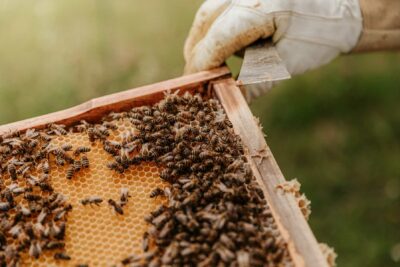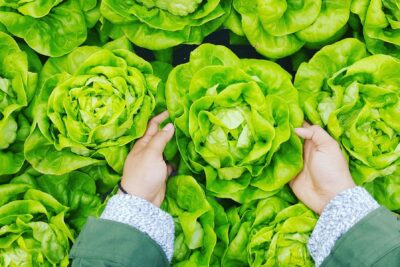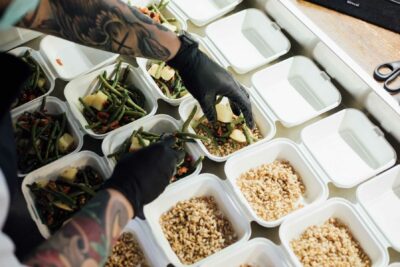Honey is often forgotten when people first go vegan and it can cause non-vegans to scratch their heads as to why we avoid it altogether. Here we explore what honey means for bees, why it isn’t vegan, and what we can pour on top of our breakfast instead!
What Is Honey?
Honey is a product made by the hard-working and complex insects we know as bees, who produce this foodstuff to eat in times of scarcity. The production process is very, very hard work. In order to make honey, bees fly to hundreds of different flowers, collecting nectar, which is returned to the hive and regurgitated between different bees before being stored. To speed up evaporation, bees fan the honey with their wings, before sealing the honeycomb with secretions from their abdomen, indefinitely storing the honey so they have something to eat in winter.
Do they do all of this just so we can take it away from them? That doesn’t seem fair to us.
Why Do Bees Make Honey?
It still surprises some people that bees don’t make honey for us to eat, or just for fun. They do it because they are clever, complex animals who need a source of food over the winter months. This process has evolved over millions of years and has allowed bees to thrive as a species. We believe that farming them so we can exploit this process is both unfair and unnatural, and it can also cause great harm. We think it’s time we left the honey to those who made it.
Can Vegans Eat Honey?
We’ll just pop this here:
Bees are most definitely included in this.
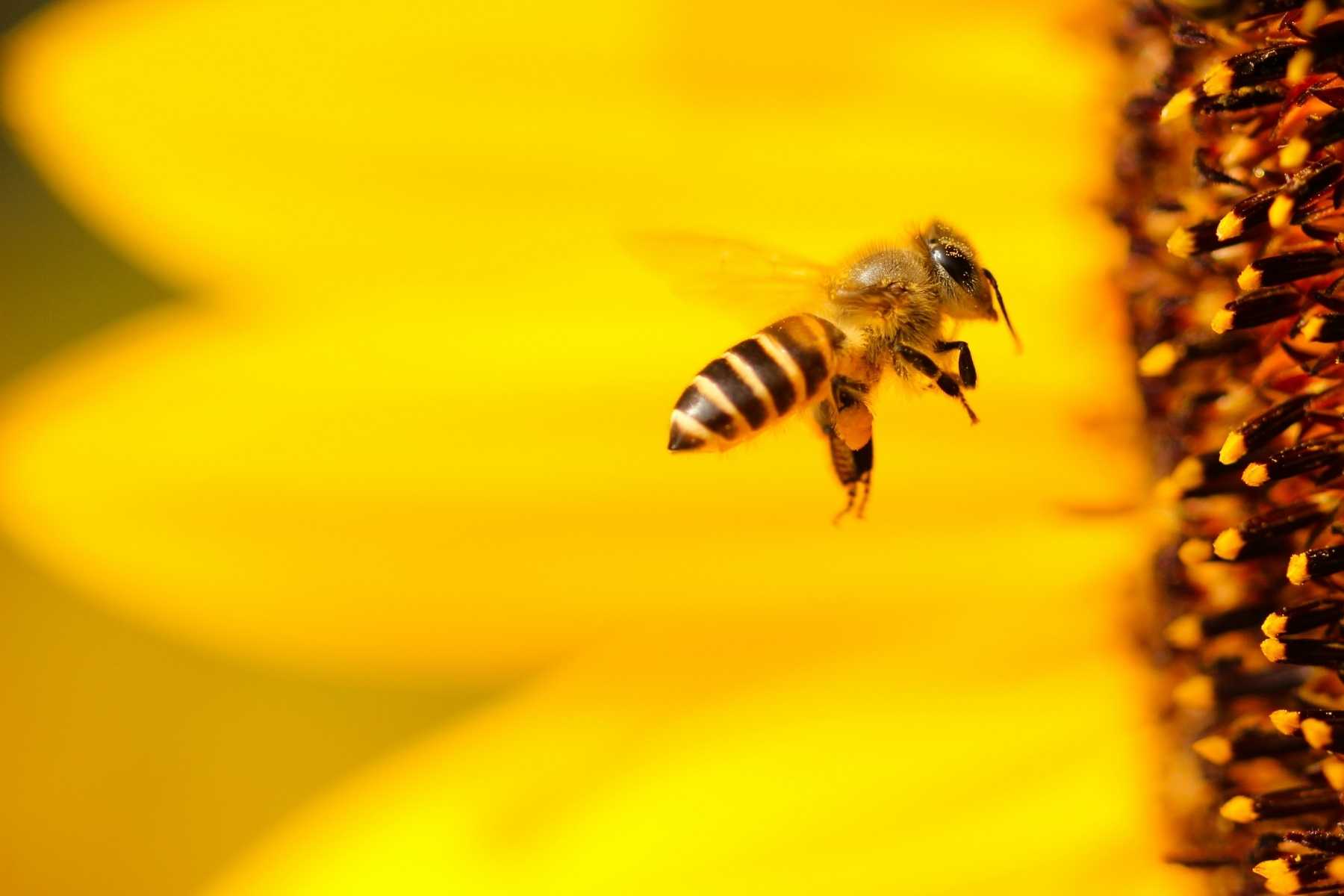
Can I Call Myself Vegan if I Eat Honey?
You can, of course—nobody is going to knock on your door asking you to stop calling yourself vegan or demand you to return your vegan badge! And for some people, there may be a good reason why honey cannot be avoided. We certainly cannot speak to everyone’s experience. But, recognizing that bees are animals who are exploited for their honey-making abilities, most vegans avoid it. After all, why avoid milk when it is produced by exploited cows only to eat honey?
Why Can’t Vegans Eat Honey?
Vegans avoid contributing to the exploitation of animals wherever it is possible. For most of us, that means not eating honey. Also, although it’s not part of the official vegan definition, many of us consider ourselves environmentalists, and farming bees for their honey is detrimental to wild bee populations and therefore biodiversity of plant and animal life.
Honey Results From the Exploitation of Bees
This certainly confuses some people who have been subjected to the marketing claims that honey is an all-natural product. ‘Aren’t bees making the honey anyway?’ they might think. ‘What’s the big deal?’ The big deal is that bees are industrially farmed and like every other animal product, honey is stolen from those who made it. As a result, bees suffer, the environment suffers, and ultimately humans will suffer, too.
Honey Farming May Harm Bee Health
It is common practice in industrial beekeeping to replace all the honey that bees make with a sugar water solution. This is intended to keep them going through the winter but it possesses none of the protective properties of honey, leaving bees susceptible to disease and ultimately contributing to their deaths. As farmed bees are not contained like other farmed animals, disease can spill over into wild populations causing wild bee populations to crash, too.
Some farmers kill their bees before winter, and buy more in the spring as it is not profitable to feed them whilst they aren’t producing honey. Queen bees may also be killed or have their wings clipped to prevent the hive from swarming, as that would mean a decline in honey production. For many of us, such manipulation and exploitation of animals in the name of profit leaves a bad taste, even before we get to the suffering, killing, and environmental impacts.
Vegan Alternatives to Honey
Luckily, there are many vegan alternatives to honey that don’t involve the exploitation of any animals.
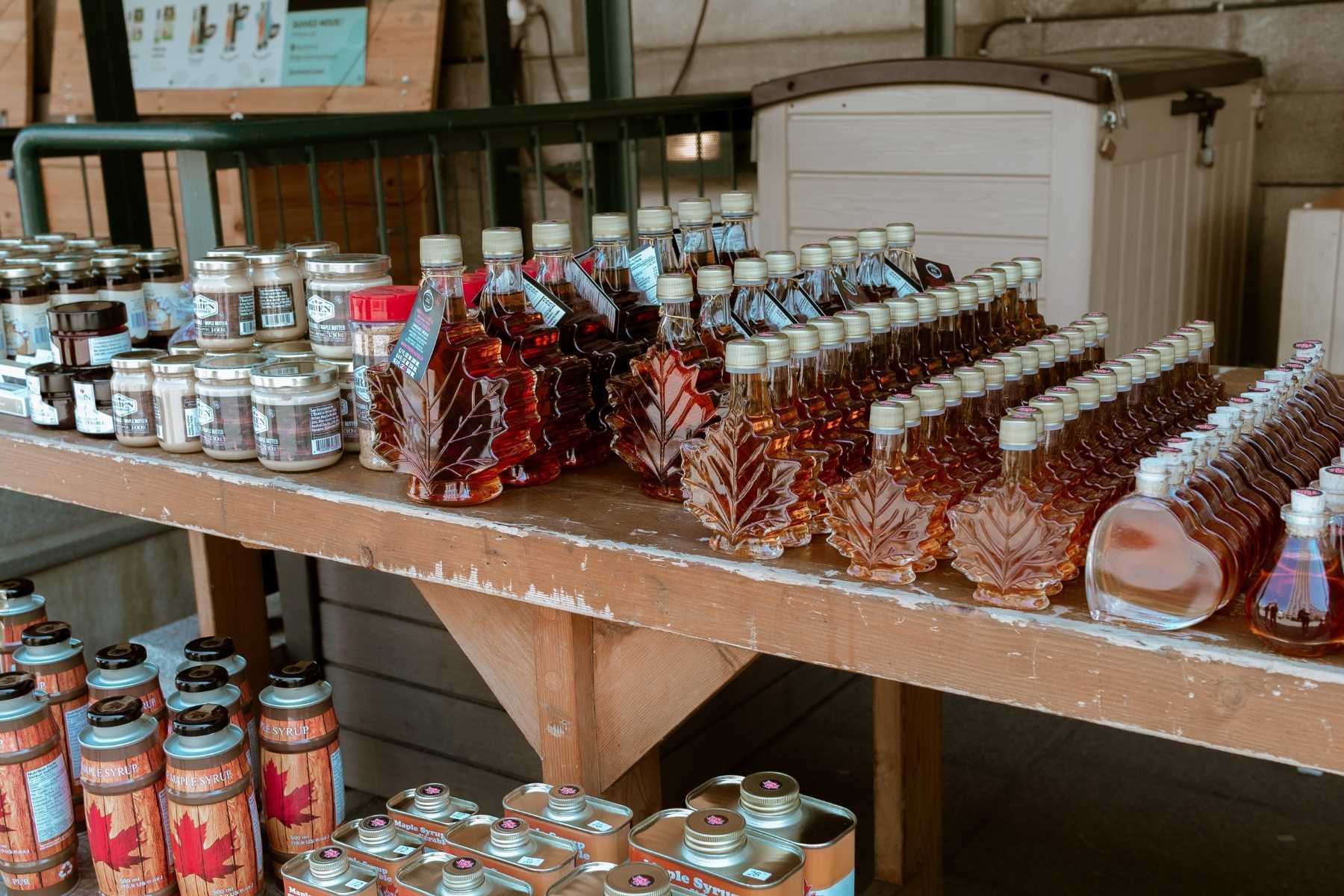
Maple Syrup
Maple syrup is not only delicious, but it comes from trees and when farmed sustainably, is renewable, meaning trees can produce syrup for up to 100 years! If you can, look for sustainably farmed maple syrup from a reputable source.
Blackstrap Molasses
Thick, dark, and delicious, blackstrap molasses is rich and sweet, making it perfect for baking. It is also high in iron.
Barley Malt Syrup
Similar to molasses, but slightly less sweet, barley malt syrup is a fantastic sweetener option and can even promote a healthy heart.
Brown Rice Syrup
Brown rice syrup, although much better for our health than refined sugars, is not to be confused with its healthy, complex carbohydrate origin. It is mostly glucose, so has very little nutritional benefit—but it does serve as an excellent sweet treat in place of honey or refined sugar.
Date Syrup
The go-to sweetener for many health-conscious people is date syrup. It contains many of the same beneficial nutrients as dates themselves and can even promote heart health.
Bee-Free Honey
There are plenty of bee-free honey products available these days. Many have high sugar contents, but the flavors are amazing and they are a fantastic replacement for honey. Many are also fortified with beneficial nutrients, prebiotics, and minerals to mimic honey, so there’s really nothing to lose!
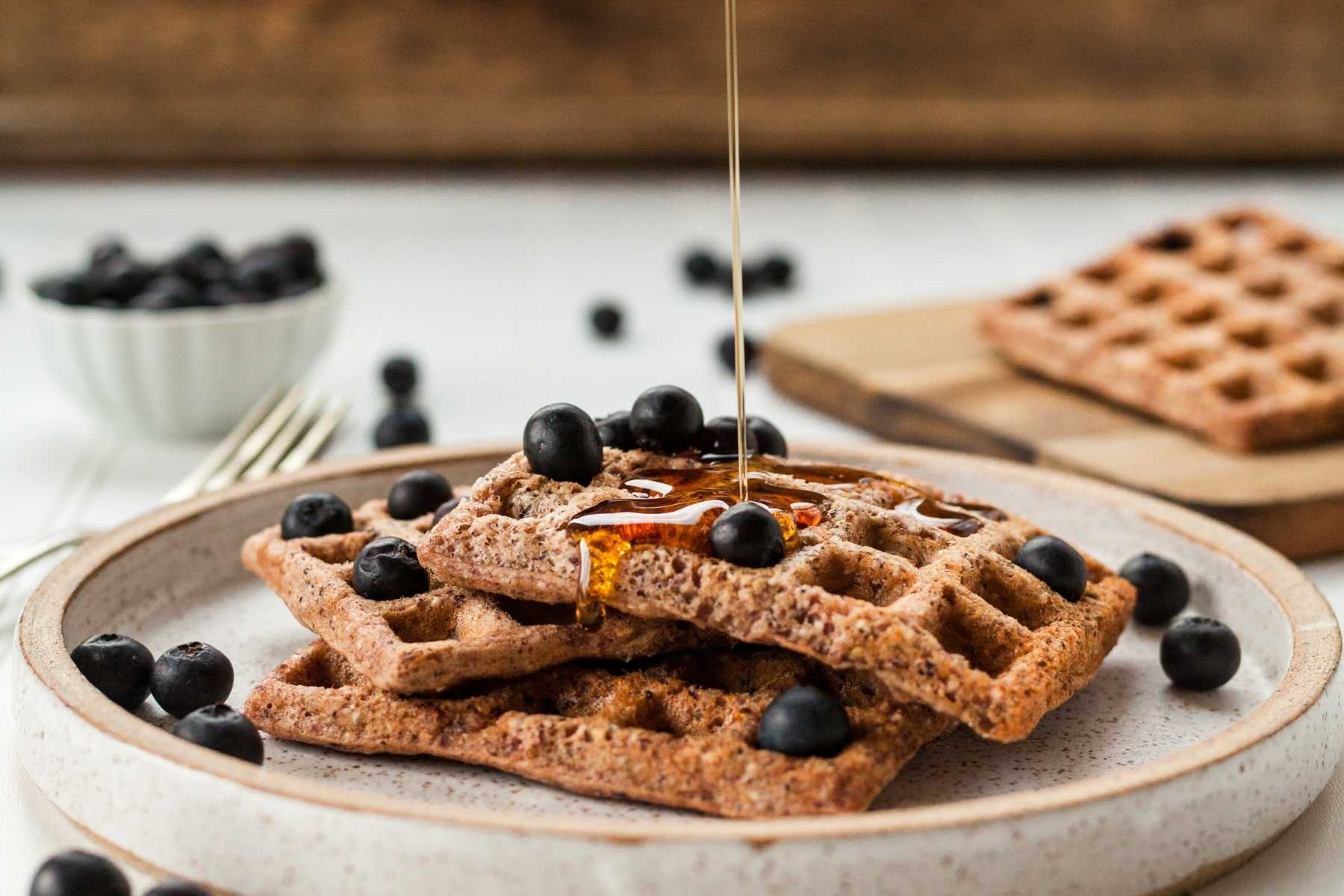
Agave Nectar
Agave is mostly famous as the primary ingredient in tequila, but it also makes a fantastic syrup. There are golden and darker varieties to choose from depending on the depth of flavor you want.
Coconut Nectar
Coconut nectar is largely unprocessed, meaning it still retains the goodness it had when it left the coconut tree! In fact, you’d need to eat 17 times as much honey to get the same micronutrients you get from coconut nectar. It’s also delicious.
Conclusion
For many people, honey may seem like a harmless byproduct of beekeeping, when it is in fact a calculated, exploitative process that can harm both farmed and wild bees and the environment. We can all contribute to a better world for bees by cutting honey from our diets and reaching for one of the many delicious and nutritious alternatives we have listed here.
If you’d like more content like this and tips on going vegan, why not sign up to try vegan?
